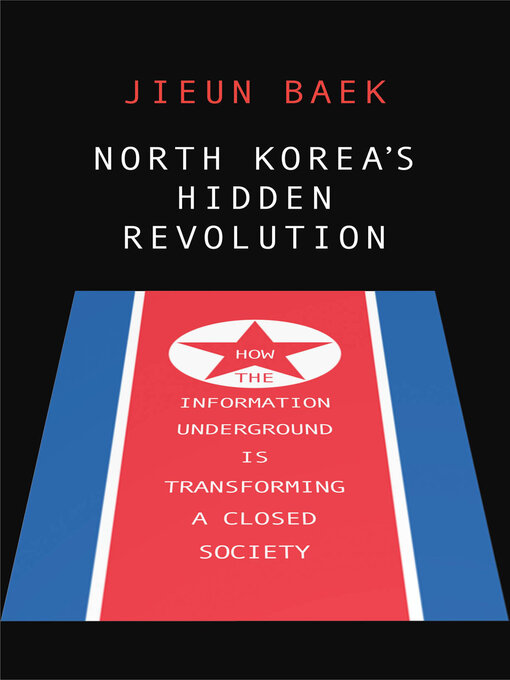-
Description
-
Details
-
Reviews
One of the least understood countries in the world, North Korea has long been known for its repressive regime. Yet it is far from being an impenetrable black box. Media flows covertly into the country, and fault lines are appearing in the government’s sealed informational borders.
Drawing on deeply personal interviews with North Korean defectors from all walks of life, ranging from propaganda artists to diplomats, Jieun Baek tells the story of North Korea’s information underground—the network of citizens who take extraordinary risks by circulating illicit content such as foreign films, television shows, soap operas, books, and encyclopedias. By fostering an awareness of life outside North Korea and enhancing cultural knowledge, the materials these citizens disseminate are affecting the social and political consciousness of a people, as well as their everyday lives.
“A fine primer on the country, based on extensive interviews with defectors.”—Times Literary Supplement
“A fascinating book.”—The New York Times
“[A] timely and cogent book.”—Los Angeles Review of Books
“A fascinating and intelligent overview of the ways that information is liberating North Koreans’ minds.”—Robert S. Boynton, author of The Invitation-Only Zone: The True Story of North Korea's Abduction Project
“A fascinating, important, and vivid account of how unofficial information is increasingly seeping into the North and chipping away at the regime’s myths—and hence its control of North Korean society.”—Sue Mi Terry, former CIA analyst and senior research scholar at the Weatherhead East Asia Institute, Columbia University

Kindle Book
- ISBN: 9780300224474
- Release date: August 11, 2020
OverDrive Read
- ISBN: 9780300224474
- File size: 1184 KB
- Release date: August 11, 2020

Loading
